Wildlife Travel and ecotourism
Ecotourism is about much more than just travelling to see wildlife. It is defined as ‘responsible travel to natural areas that conserves the environment and improves the well-being of local people’.
As travellers, we need to ensure that all our holidays provide positive gains to the local environments and communities that we visit, particularly when we fly to the destination, as the detrimental effects of air travel are increasingly accepted.
For us, our conservation credentials aren’t just a case of ‘green wash’, they are central to the way we run our business.
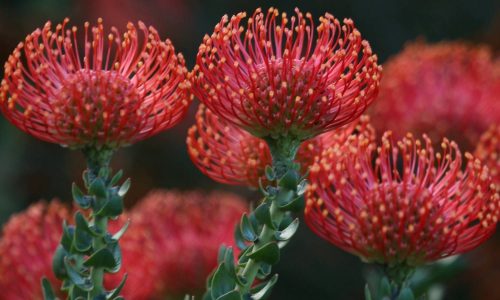
Raising money for wildlife
All our distributed profits since our formation in 1988 have been donated to the Wildlife Trusts to support their conservation work in the UK, rather than being paid out to individual shareholders.
Since then, we have raised over £240,000 for nature conservation, and are keen to raise much, much more. If you are a traveller, please consider joining one of our holidays, and spread the word!
Supporting conservation around the world
As well as donating all our profits to the Wildlife Trusts, we do our best to ensure that, wherever possible, we also contribute positively to the work of nature conservation organisations in destination countries.
Our holidays have visited vulture feeding projects in Spain and in the Balkans, supported research work in South Africa, contributed to environmental education projects in the Galapagos and travelled with local conservationists in Portugal, Tasmania, Romania, Chile and Devon, amongst many others.
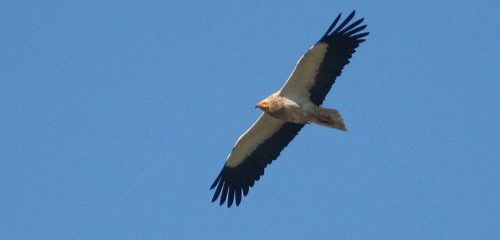
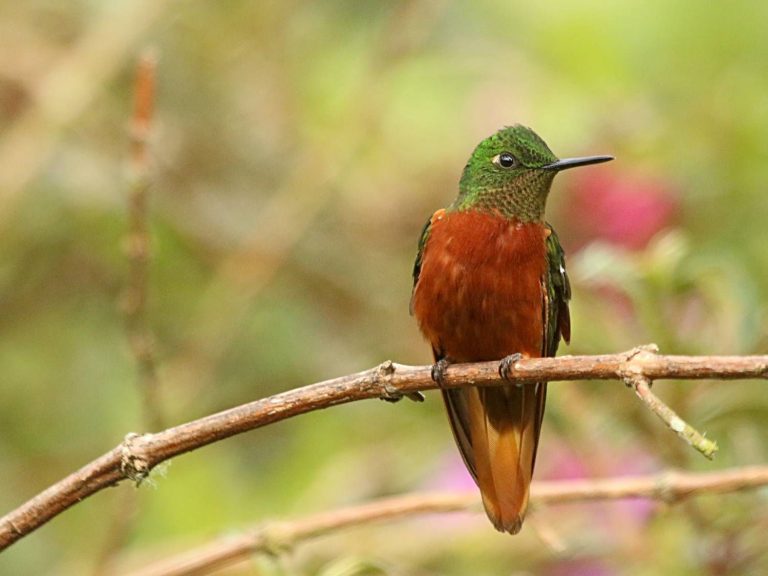
Carbon and climate
Aviation is recognised as a major source of damaging carbon emissions: there is no doubt that flights have a negative impact on the climate. In recognition of this fact, we have been ‘off-setting’ all our flights as a matter of course since 2005, and not just as an optional extra. The cost of this is built in to the price of our holidays.
The most significant driver of biodiversity loss has been, and continues to be, land use change and habitat loss. This land-use change, particularly deforestation, is responsible for the same carbon-emissions as the entire transport sector.
Since 2007, our flight carbon emissions have been mitigated through the World Land Trust’s certified ‘carbon balancing’ scheme: the amount of CO2 generated by the flights our travellers take is calculated by the scheme, and our payment is used to offset these emissions by investing in reforestation and protecting areas of high biodiversity forests in the tropics, including Ecuador, a country we have a long and happy history of visiting. We have contributed more than £45,000 to this scheme to date.
Flight-free travel
We are committed to providing as many opportunities for ‘flight-free’ holidays as possible, both in the UK and further afield.
We offer annual trips to France by train, as well as a number of UK holidays. We also encourage travellers on our Burren holiday to travel by train and ferry rather than flying.
Further afield, we have visited the Bavarian Alps, the White Carpathians and the Danube Delta by train, and continue to consider train travel as an option for our groups whenever possible. We encourage our travellers to look at options for train and ferry travel to any of our destinations if practical, and can provide a ‘flight-free’ price and help look at the options for alternative travel arrangements.
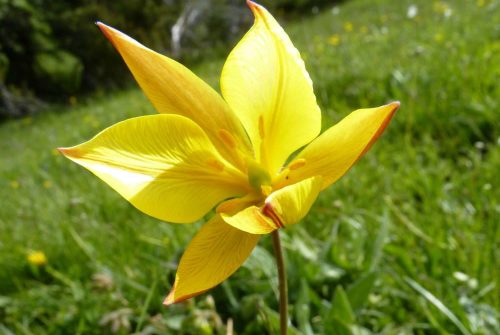
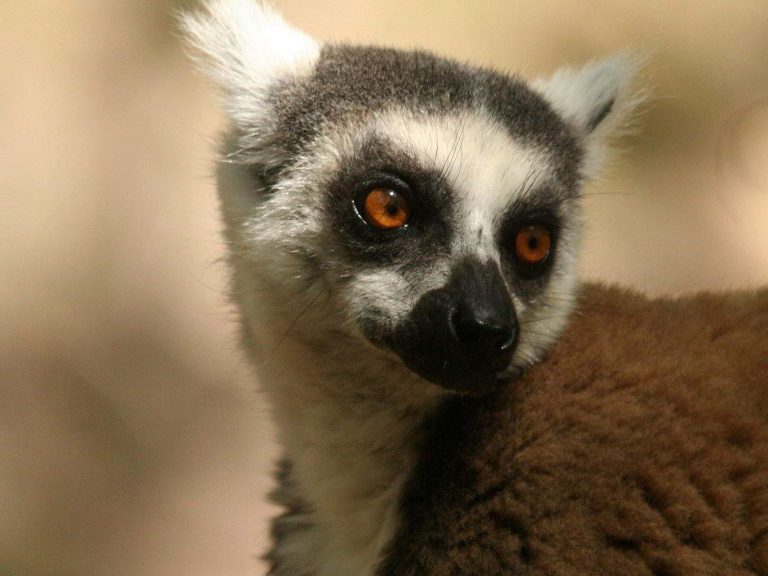
Travelling for wildlife
Travelling has an enormous potential to be a force for good. For some of the world’s most endangered wildlife, the key to their survival is ecotourism, ensuring that a healthy ecosystem has an economic value to the communities who live in and alongside it.
As an example, the island of Madagascar: the world’s fifth largest island, famous for its endemic wildlife. Around 85% of species found there are found nowhere else on the planet, including all 101 species of lemur. Ninety species of lemur are threatened with extinction according to the most recent IUCN Red List, making them one of the most threatened groups of vertebrates.
Madagascar is rich in wildlife, but it is amongst the poorest countries on the planet. More than 22 million people make the island their home, and nine out of ten live on less than two dollars a day. For Madagascar, the two key economic opportunities are tourism and the extractive industries: logging and mining.
Madagascar has a wonderful network of national parks and it is immediately obvious that the areas around them are more prosperous than elsewhere. The presence of forest protects water resources and soils and ameliorates the local climate. The presence of tourists who have come primarily to see the lemurs ensures local people have a good income. Conservation work around national parks includes improvements to local infrastructure, provision of schools and health care. The national parks are key to an improved standard of living for the local communities and the survival of the wonderful wildlife.
The combination of a period of political instability and the world economic downturn saw visitor numbers fall by almost two thirds between 2007 and 2010. Almost immediately the rate of illegal mining, poaching within the national parks and deforestation rocketed. Without the flow of tourist revenue, Madagascar’s forests and their lemurs won’t survive. Ecotourism is essential.
The same could be said for so many of our destinations: the Galapagos, Costa Rica, Chile, the Danube Delta, to name but a few. Habitats and species are more likely to survive where there is a perceived economic value that benefits local communities, and good conservation management is more likely to be adopted where the value of wildlife is known and appreciated
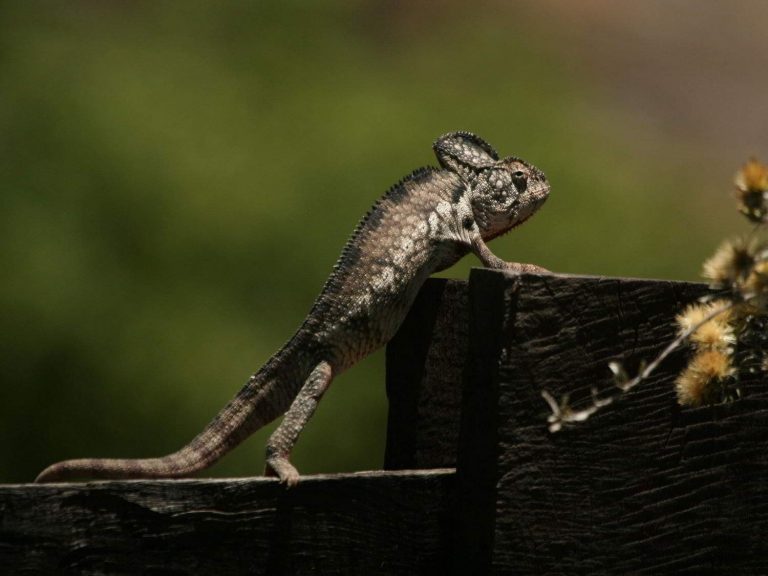
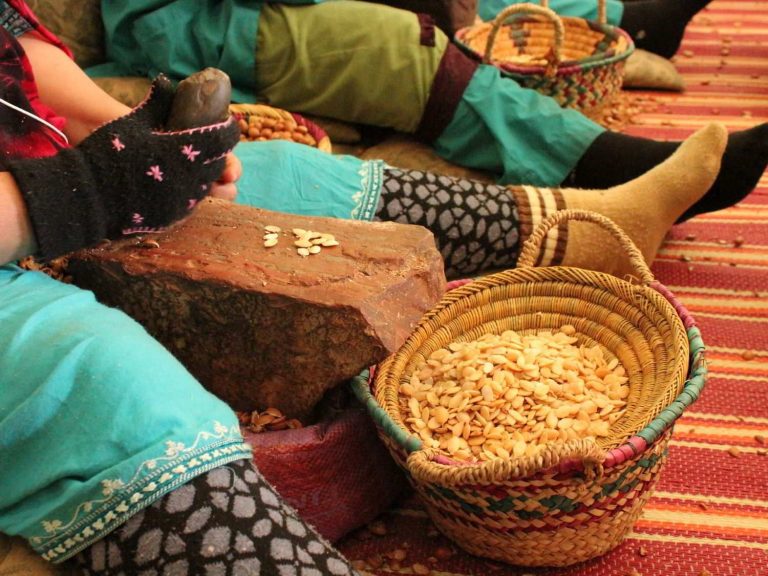
Travelling for people
We endeavour to always travel responsibly, and to engage with local communities wherever possible.
Where practical, we stay in locally owned and often family-run hotels and ecolodges, and eat locally-produced food in local restaurants.
Where practical, we engage local guides, ideally those who are engaged in local conservation or research work.
Wherever possible, we include opportunities for our travellers to visit local markets and artisans, ensuring that our visit has as much positive economic value to the community as possible, while avoiding items made of exploited wildlife products.
We encourage both our travellers and our local agents to limit their impact on our destinations, limiting the use of single-use plastics and other resources.
